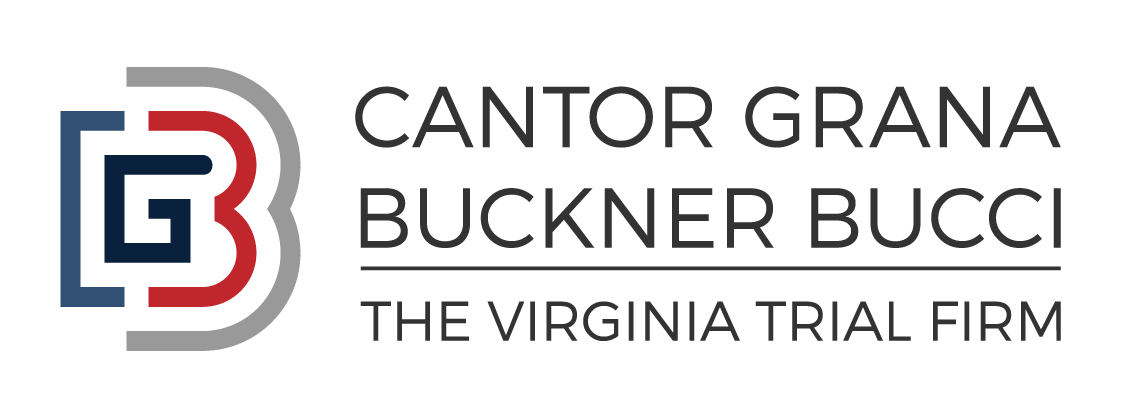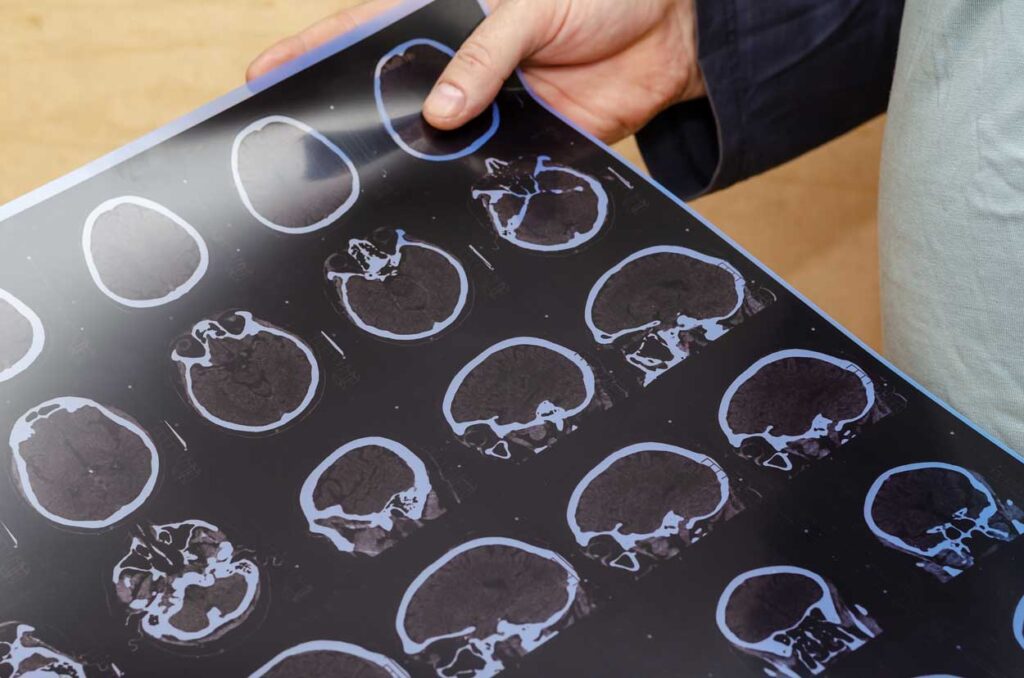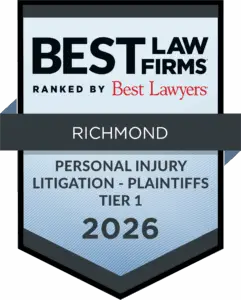After a concussion, it’s not unusual for kids, parents and their coaches to ask when the child can return to their sport or to recreational activities. Guidelines have changed a lot over the last 10 years; here’s the latest thinking.

While the brain is still healing, a child may be too symptomatic to attend school. They may complain of a headache, vision problems, and light and noise sensitivity after their injury. Neuroplasticity is the ability of the brain to alter neural networks to bypass the damaged cells after a brain injury. Children’s brains have a high degree of neuroplasticity, so the effects of the concussion should lessen and become more tolerable and manageable with time. This will usually happen within a few days and certainly within the first week of the concussion. The child doesn’t have to be 100% symptom-free before returning to school. As symptoms lessen, activity should increase; when the child is able to handle 30 to 45 minutes of schoolwork and physical activity without their symptoms coming back, they should go back to school.
If your child continues to struggle with symptoms, you can ask the school to provide accommodations, which are strategies to remove barriers to learning and help children do their best in school. Accommodations don’t change what students learn in school; they change how kids learn and get their work done. It may include things like giving them more time to finish a test, or allowing them to use audiobooks instead of printed books.
You can find more information on school accommodations following concussion check out the great resources at the Centers for Disease Control.
If you or someone you love has had a brain injury because of another’s negligence, it’s important to place your trust in an experienced team. The personal injury lawyers with Cantor Grana Buckner Bucci can help you understand your options for compensation; call us.




